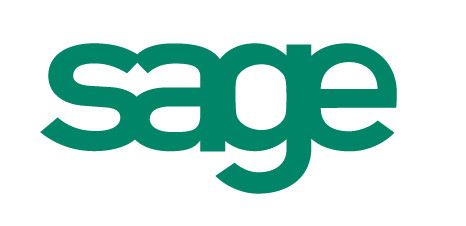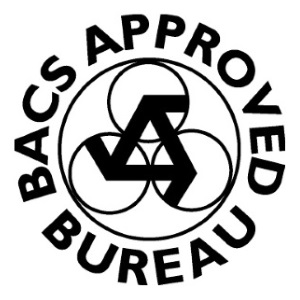Advice on Liquidation
For many business owners, the decision to liquidate is difficult but necessary. Whether you’re struggling with mounting debts or simply looking to close your company in an orderly fashion, obtaining the right business Liquidation advice is crucial. Liquidation ensures that your business is wound up legally, assets are distributed fairly, and creditors receive the best possible returns.
Understanding Liquidation
Liquidation is the formal process of closing a business and selling its assets to repay creditors. It marks the end of a company’s life and involves dissolving the business entirely. There are two primary forms of Insolvent Liquidation:
- Voluntary Liquidation — Initiated by company directors or shareholders.
- Compulsory Liquidation — Ordered by the court, often following a creditor’s petition.
Both processes are overseen by a licensed insolvency practitioner, ensuring compliance with legal obligations.
Types of Liquidation
There are three main types of liquidation, each suited to different circumstances:
- Creditors’ Voluntary Liquidation (CVL)
- Initiated by directors when the company is insolvent and unable to pay its debts.
- Focuses on increasing returns for creditors while allowing directors to move forward.
- Compulsory Liquidation
- Triggered by a court order, usually following a creditor’s petition when the company has failed to meet its financial obligations.
- Often seen as a last resort when other insolvency options have been exhausted.
- Members’ Voluntary Liquidation (MVL)
- Suitable for solvent companies looking to close.
- Typically used when a business has fulfilled its purpose, or the owners wish to retire, and involves distributing surplus assets to shareholders in a tax efficient manner.
When is Liquidation the right choice?
Liquidation may be the best option in several scenarios, including:
- Insurmountable debt — When the company’s liabilities far outweigh its assets, making recovery impossible.
- Legal pressure from creditors — Threats of legal action, such as winding-up petitions, signal that creditors are losing patience.
- Decision to cease trading — Owners may decide to close a business due to changing market conditions, personal circumstances, or a strategic shift.
Understanding when to act is crucial to minimise the impact on creditors and stakeholders.
Steps in the Liquidation process
The liquidation process involves several key steps:
- Appointment of a licensed Insolvency Practitioner (IP)
- The IP takes control of the company, managing the sale of assets and communication with creditors.
- Asset valuation and sale
- Company assets, including property, equipment, and stock, are valued and sold to generate funds.
- Creditor repayment hierarchy
Funds are distributed according to a strict order of priority:
- Secured creditors (e.g., lenders with collateral).
- Preferential creditors (e.g., HMRC, employees for unpaid wages).
- Unsecured creditors (e.g., suppliers, HMRC).
- Finalisation and company dissolution
- Once all assets are sold and debts settled, the company is formally dissolved and removed from the Companies House register.
Implications for directors
Directors play a crucial role during the liquidation process and must understand their responsibilities:
Potential personal liability
- If directors are found guilty of wrongful or fraudulent trading, they could be held personally liable for company debts.
Importance of cooperation
- Directors must provide accurate records and work closely with the liquidator to ensure a smooth process.
Acting transparently and seeking professional guidance early can help mitigate risks and ensure a more favourable outcome.
Looking for professional Liquidation advice?
If your business is facing financial challenges or you’re considering voluntary liquidation, we’re here to help. Contact us online today or give us a call at 0161 476 9000 for a free confidential consultation to discuss your options and find the best path forward for your business.












